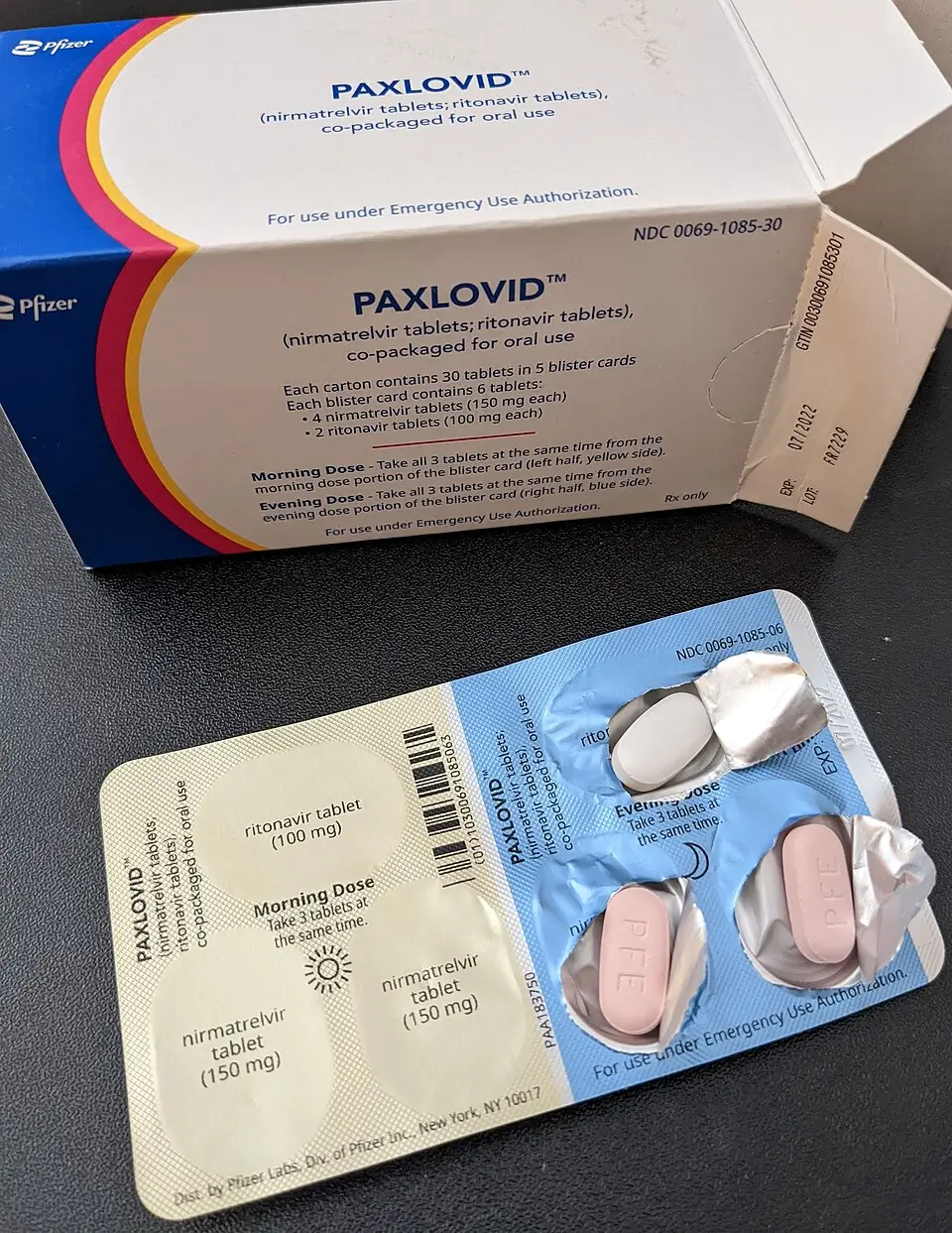Understanding Melatonin Use
Melatonin is a hormone naturally produced by the brain in response to darkness, playing a crucial role in regulating sleep-wake cycles. It helps signal to the body that it is time to sleep and promotes sleepiness. However, external factors such as age, lifestyle, and certain medical conditions can affect the body's natural melatonin production. This is where melatonin supplementation comes into play.
Role of Melatonin in Sleep
Melatonin is often referred to as the "sleep hormone" due to its involvement in the sleep process. When darkness falls, the pineal gland in the brain begins to release melatonin, signaling to the body that it is time to prepare for sleep. Melatonin helps regulate the internal body clock, also known as the circadian rhythm, which governs our sleep-wake cycles.
Supplementing with melatonin can be beneficial, especially for individuals who experience difficulties falling asleep or have irregular sleep patterns. By taking melatonin supplements, individuals can help synchronize their circadian rhythm and improve their sleep quality.
Melatonin Production in the Body
The natural production of melatonin in the body occurs primarily during nighttime hours. As daylight decreases, the pineal gland releases melatonin, reaching peak levels during the night and gradually decreasing as morning approaches. This process is essential for maintaining a healthy sleep-wake cycle.
However, as individuals age, there may be a decline in the body's natural melatonin production. This decline can lead to difficulties falling asleep and disrupted sleep patterns. In such cases, melatonin supplementation may be recommended to help restore balance to the sleep-wake cycle and improve overall sleep quality.
It's important to note that there is no concrete evidence to suggest that taking melatonin supplements will suppress the body's ability to produce melatonin naturally. The body does not become dependent on external melatonin supplementation. While individuals who believe that taking melatonin is crucial for sleep may find it difficult to stop using it, melatonin itself is not addictive [2].
Melatonin Supplementation
When it comes to melatonin supplementation, it's important to understand the recommended dosages and potential side effects. Melatonin is a hormone naturally produced by the body that plays a crucial role in regulating sleep-wake cycles. However, some individuals may choose to take melatonin supplements to help improve their sleep.
Recommended Dosages of Melatonin
The recommended dosage of melatonin for sleep support typically ranges from 1 to 3 mg taken one to two hours before the desired sleep time. This dosage is effective for most individuals who need help falling asleep. It's important to start with the lowest effective dose and adjust as needed based on individual response.
In certain cases, higher doses of melatonin, ranging from 10 to 15 mg, may be beneficial for specific sleep disorders such as REM sleep behavior disorder. It's crucial to consult with a healthcare provider before considering higher doses, as they should be used under medical supervision.
Side Effects of Melatonin
While melatonin is generally well-tolerated, it's important to be aware of potential side effects. These side effects can vary among individuals, and it's essential to monitor for any adverse reactions. Common side effects may include headaches, increased sleepiness upon waking, and dizziness. If any of these symptoms worsen or persist, it is recommended to consult a healthcare provider.
It's important to note that melatonin supplements are not addictive and do not cause physical dependency. Individuals can stop taking the supplement without needing to wean off it. However, it's worth mentioning that insomnia may return to its previous state before starting melatonin supplementation. Melatonin is not associated with the same addictive qualities as other sleep medications, and tolerance does not typically develop over time [3].
While melatonin is considered safe for short-term use, more long-term studies are needed to fully understand the effects of prolonged usage. If you plan on taking melatonin supplements long-term, it may be worth considering the need for additional research and monitoring for potential side effects.
By understanding the recommended dosages and potential side effects, individuals can make informed decisions regarding melatonin supplementation. It's always advisable to consult with a healthcare provider before starting any new supplementation regimen, especially if you have any underlying medical conditions or take other medications.
Melatonin and Addiction
When it comes to melatonin supplementation, there are misconceptions regarding its addictive potential. It's important to understand the facts and debunk the myths surrounding melatonin addiction. Additionally, it's crucial to be aware of the potential risks associated with the misuse of melatonin.
Debunking Melatonin Addiction Myths
Contrary to popular belief, melatonin is not addictive and does not cause physical dependency. This means that individuals can stop taking melatonin supplements without needing to gradually reduce the dosage. There is no concrete evidence to suggest that taking melatonin supplements will suppress the body's ability to produce melatonin naturally, indicating that the body does not become dependent on external melatonin supplementation.
Melatonin differs from other sleep medications in that it does not cause withdrawal symptoms or dependence. It also does not lead to a "sleep hangover," and individuals do not build up a tolerance to it. These characteristics make it unlikely that melatonin is addictive. However, more long-term research is needed to fully understand the effects of prolonged melatonin use.
Potential Risks of Melatonin Misuse
Although melatonin itself is not addictive, there are potential risks associated with its misuse. When used appropriately and for short-term periods, melatonin is generally considered safe. However, prolonged and excessive use of melatonin supplements may lead to adverse effects.
It's important to follow the recommended dosages of melatonin and avoid exceeding them. Taking higher doses than necessary does not necessarily enhance the sleep-inducing effects of melatonin and may increase the risk of side effects such as drowsiness, headache, and stomach discomfort.
Furthermore, relying solely on melatonin supplements without addressing underlying sleep issues or adopting proper sleep hygiene practices may not provide a long-term solution. It is essential to consult with a healthcare professional to determine the appropriate use of melatonin and to address any underlying sleep concerns.
While melatonin is generally safe for adults, it is important to exercise caution when considering melatonin use in children. It is recommended to consult with a pediatrician before giving melatonin to children, as the appropriate dosage and timing may vary based on age and individual circumstances.
In summary, melatonin is not addictive and does not cause physical dependency. However, it is essential to use melatonin responsibly, follow recommended dosages, and consult with healthcare professionals to ensure its safe and effective use. By understanding the facts and dispelling myths surrounding melatonin addiction, individuals can make informed decisions about melatonin supplementation for better sleep health.
Melatonin in Different Populations
Melatonin supplementation is not limited to a specific age group. Its usage has become increasingly prevalent among both adults and children. Let's explore the use of melatonin in these different populations.
Melatonin Use in Adults
Melatonin supplementation is widely embraced by adults seeking to improve their sleep quality and manage sleep disorders. According to the Sleep Foundation, nearly two-thirds of American adults have taken melatonin supplements. This rise in usage is not unique to the United States. Exogenous melatonin is used worldwide to treat insomnia, sleep disorders, and various medical conditions such as autism spectrum disorder, mild cognitive impairment, and Alzheimer's disease.
As a dietary supplement, melatonin is available over the counter and does not require a prescription. The concentration of melatonin in marketed preparations can vary widely between product labels and manufacturers. While short-term side effects of melatonin are minimal and resolve upon cessation, the long-term effects of exogenous melatonin usage are comparable to those of a placebo. It is important for adults to be aware of potential risks and consult with healthcare professionals before incorporating melatonin into their sleep routine.
Melatonin Use in Children
Melatonin usage among children and adolescents is also on the rise. In the United States alone, an estimated 6% of children take melatonin at least monthly, totaling approximately 4 million children. Melatonin is often used to address sleep issues and regulate sleep patterns in children.
However, it is crucial to take precautions when administering melatonin to children. The American Association of Poison Control Centers' National Poison Data System reported a significant increase in pediatric ingestions of melatonin. From 2012 to 2021, the annual number of pediatric melatonin ingestions increased by 530%. Unintentional ingestions in children aged ≤5 years accounted for the majority of these cases, leading to an increase in hospitalizations and more serious outcomes [5].
Parents and caregivers should exercise caution and ensure proper storage of melatonin to prevent accidental access by children. It is recommended to consult with pediatricians or healthcare providers before initiating melatonin use in children, especially for long-term supplementation.
Understanding the usage patterns and potential risks associated with melatonin in different populations can aid individuals in making informed decisions regarding its supplementation. It is essential to prioritize safety, consult professionals, and consider alternatives or behavioral interventions before relying solely on melatonin for sleep management.
Melatonin Safety Concerns
When considering the use of melatonin as a sleep aid, it is important to address safety concerns. While there isn't much data on the long-term safety of melatonin, taking the supplement for extended periods is generally considered safe. However, it is advisable to keep healthcare providers informed, especially if using melatonin consistently for more than a month.
Short-Term vs. Long-Term Safety
Exogenous melatonin, taken in low to moderate doses (approximately 5-6 mg daily or less), appears to be safe for short and long-term use. It has been found to be well-tolerated with minor side effects that typically resolve upon discontinuation. Reported side effects include headaches, somnolence, hypotension, hypertension, dizziness, gastrointestinal upset, vivid dreams, irritability, bedwetting in children, and depression. It is worth noting that some studies have found no significant differences in side effects between melatonin and placebo groups.
While short-term safety has been relatively well-established, the long-term effects of taking exogenous melatonin require further investigation. Limited studies suggest that long-term usage may benefit certain patient populations, such as individuals with autism spectrum disorder. However, more research is needed in this area to fully understand the potential risks and benefits.
Monitoring Melatonin Usage
Given the lack of extensive long-term safety data, it is important to monitor melatonin usage, especially when used over an extended period. This is particularly relevant for individuals who rely on melatonin as a regular sleep aid. Keeping healthcare providers informed about melatonin use can help ensure that any potential issues or concerns are addressed.
It is also crucial to follow recommended dosage guidelines and avoid excessive or prolonged use without medical supervision. Consulting with a healthcare professional can provide personalized guidance and help monitor the effects of melatonin supplementation.
While melatonin is generally considered safe, it is essential to exercise caution and be mindful of any potential interactions with other medications or underlying medical conditions. If you have any concerns or questions about melatonin usage, consult with a healthcare professional who can provide individualized advice based on your specific needs and circumstances.
Melatonin and Overdose Risks
Unfortunately, the rising popularity of melatonin has led to an increase in melatonin overdoses, particularly in pediatric populations. According to the CDC, during 2012-2021, the annual number of pediatric ingestions of melatonin increased by 530%, with a total of 260,435 ingestions reported. Pediatric hospitalizations and more serious outcomes also increased, primarily due to unintentional melatonin ingestions in children aged ≤5 years.
It is crucial to keep melatonin and all medications out of reach of children. If accidental ingestion occurs or if you suspect an overdose, seek immediate medical attention or contact a poison control center.
Monitoring melatonin usage, especially in vulnerable populations such as children, is essential to ensure safety and prevent overdose. It is important to follow recommended dosage guidelines and seek guidance from healthcare professionals when using melatonin, particularly in pediatric populations.
Melatonin and Overdose Risks
Melatonin, commonly used as a sleep aid, is generally considered safe when used appropriately. However, it's important to be aware of the potential risks associated with melatonin overdose, particularly in certain populations. This section explores the rising trends in melatonin overdoses and the specific concern of pediatric melatonin ingestions.
Rising Trends in Melatonin Overdoses
Recent reports indicate a concerning increase in the number of melatonin overdoses. From 2012 to 2021, the annual number of pediatric ingestions of melatonin increased by a staggering 530% CDC. During this period, a total of 260,435 ingestions were reported, with a notable rise in unintentional melatonin ingestions in children aged ≤5 years CDC.
It's crucial to note that melatonin supplements are not regulated by the U.S. Food and Drug Administration (FDA) and are often available over-the-counter. Consequently, the increased accessibility of melatonin, combined with the belief that it is a "natural" supplement, may contribute to unintentional overdoses, particularly in children.
Pediatric Melatonin Ingestions
The rise in pediatric melatonin ingestions is a cause for concern. While melatonin is generally considered safe for adults when taken in appropriate doses, the same cannot be said for young children. Pediatric hospitalizations and more serious outcomes have increased, primarily due to unintentional melatonin ingestions in children aged ≤5 years CDC.
Parents and caregivers must be vigilant in keeping melatonin supplements out of the reach of children. The appealing nature of melatonin gummies or chewable forms may inadvertently lead young children to mistake them for candy, resulting in unintended and potentially harmful ingestion.
To prevent pediatric melatonin ingestions, it is recommended to store all medications, including melatonin, in child-resistant containers and out of reach of children. Additionally, educating parents and caregivers about the potential risks and proper storage of melatonin supplements is crucial in reducing the instances of unintentional ingestions.
Understanding the rising trends in melatonin overdoses and the specific risks associated with pediatric melatonin ingestions is essential for promoting safe usage and preventing adverse outcomes. Vigilance in storage and responsible use of melatonin supplements can help mitigate the risks and ensure the well-being of individuals, especially children, who may be more vulnerable to the effects of melatonin overdose.













